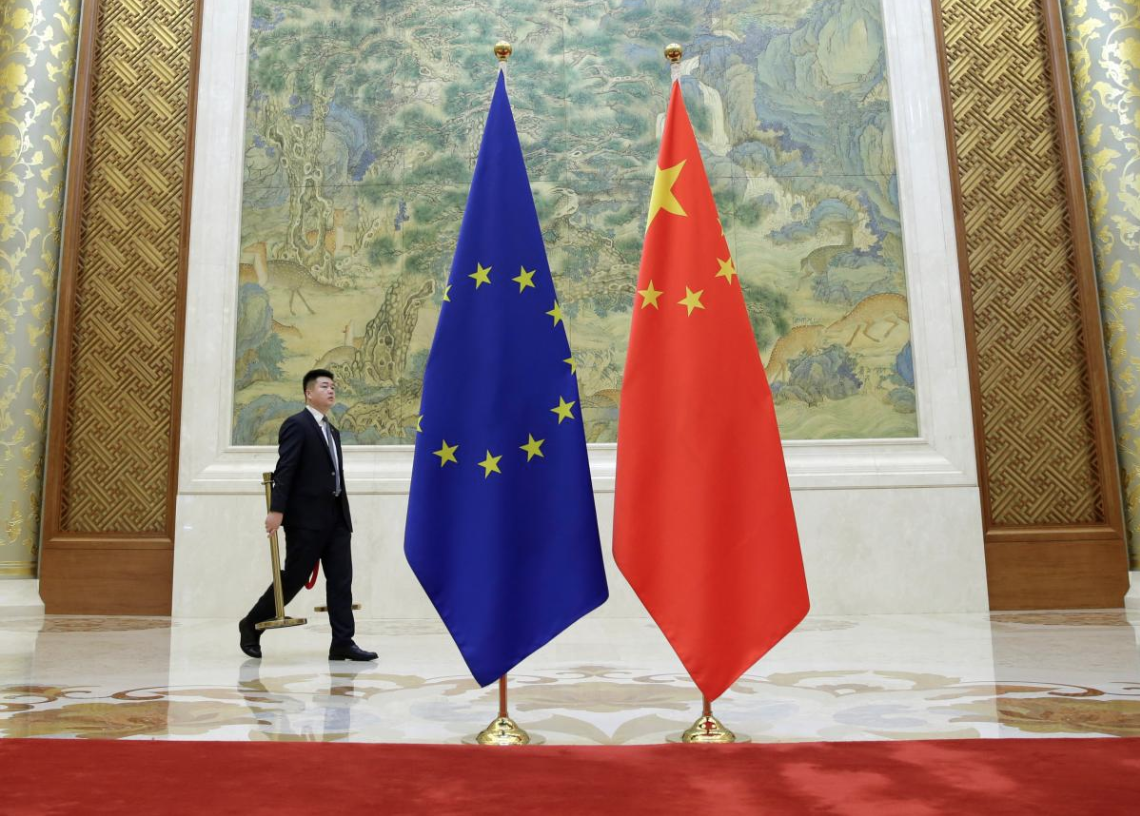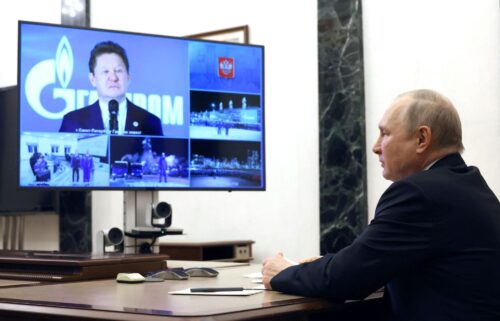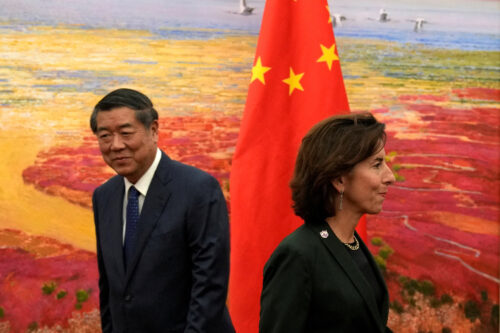An end to European naivete?

Reuters reports: “The European Union on Tuesday provisionally agreed on rules for a far-reaching system to coordinate scrutiny of foreign investments into Europe, notably from China.”
- “Under the plan, developed in the wake of a surge in Chinese investments, the European Commission would investigate foreign investments in critical sectors” such as ports and energy networks to stop the security of vital infrastructure being compromised, or “innovations that have had years of expensive research [being] lost to foreign hands.”
- “Aerospace, health, nanotechnology, the media, electric batteries and the supply of food” are other critical sectors mentioned.
- “It will mark the end of European naivety. All the world powers — the United States, Japan, China — have a method of screening. Only Europe does not.” So said Franck Proust, an EU official. Reuters notes that the draft law “does not name China, but its backers’ complaints over investments by state-owned enterprises and for technology transfers are clear references to Beijing.”
- The proposed law still needs the support of all 28 EU states at a meeting on December 5. The European parliament will vote on the law in February or March next year. Reuters says that a number of countries, including Cyprus, Greece, Luxembourg, Malta, and Portugal, currently oppose the plan.
Bloomberg reporter Peter Martin commented on Twitter: “This is an important development. Pushback against China is global. Not sure Beijing gets it yet.”
Which makes me wonder if it’s time we changed our daily trade war update’s name: the global slowdown, the pushback, the Chinalash?
Meanwhile, in America, yesterday’s proposal to update technology export restrictions will have global implications.
Successful cross-Pacific collaboration on artificial intelligence may be the worst affected. On The China Project today, Paul Triolo, head of global technology policy at Eurasia Group, explains why the latest American moves to limit tech exports are going to make life very difficult, and very complicated, for many industries.






